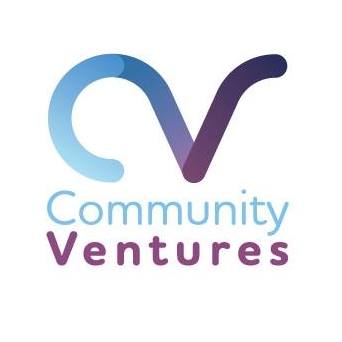Make, move, matter
We know that after Christmas it can be harder to look forward, to see the good things and to make good decisions. That's why we're launching our Make, Move, Matter campaign to share some of the things we do to help us cope with this time of year.
The reason it can be harder to feel good at this time of year is due to Seasonal Affective Disorder (SAD) which is a disorder that occurs in the winter months when we spend most of our day in the dark, reducing the amount of sunlight UV light exposure to UVB.
Due to the lack of sunlight, it means we also spend less time in nature. Nature, such as grass and trees, feeds us and boosts our energy; it is said that if you stand barefoot on the grass with no shoes, it recharges energy levels.
With the reduction of sunlight and connection to the environment, it can increase possible depressive disorders, while the cold can also affect many physical health conditions, such as arthritis, sciatica, slipped and herniated discs, which also can affect mood and the increase of SAD disorder.
Not everyone suffers in the same way from SAD but you’re not alone as 1 in 20 people in the UK are diagnosed with SAD and that’s not to say there aren’t more that have just gone undiagnosed. If you feel you may suffer from this, or similar symptoms, it is important to contact your GP practice to discuss this and the treatments and therapies, such as talking therapy, CBT therapy or even medication in some cases.
However, there are things you can do to improve these issues, reduce the impact of SAD or combat any similar symptoms. Including:
Indoor plants, even fake ones also help mental health - although a fake plant does not provide oxygen, they are still proven to improve mood. “Since artificial plants mimic nature and its creations, they will also elicit these responses. Just like real plants, fauxliege contributes to a more cheerful disposition. Greenery has restorative and grounding effects on our mood, dispelling mental fatigue and negative emotions.”
Hot bath, hot water bottles or heated blankets help to bring health to the joints and muscles, managing the pain that is increased in the winter months. A hot bath helps to soothe those joints and muscles; however, we know it can be costly to have a bath, so wrapping up in cosy, warm layers and cuddling into a hot water bottle will still help target areas.
Yoga/stretching allows fresh blood and oxygen to pump around the body, promoting healing qualities in the stiff areas that need movement. It also produces the “happy hormone”. You can find videos on platforms such as YouTube that talk to you through every step; including chair yoga which is used for people with mobility issues, but it is still very beneficial mentally and physically.
Daylight can be limited but if you can get outside at least once a day, sit near a window and watch the trees or the clouds move in the breeze, or feel the air on your face, it is better than not. You don’t have to walk far, even just stepping outside of your door for a few minutes to take a breath, means you’re topping up your resources and helping yourself.
These ideas are exactly why we run our Digging Deep sessions, as they are a way to get outside, talk to people and take part in little or lots of movement. It's also why we've launched our new art and nature classes so you can be around nature to boost your energy levels without needing to move too much. They both get you out in the daylight and help increase your natural levels, so you don’t have to work any harder than you already do.
These sessions along with our new adult dance classes also help because as with stretching and yoga, moving is a great way to trick your brain into feeling better. While you're at it, why not try our free table tennis classes too. These are a great option if you struggle with the cold as they are indoors and table tennis offers more sports based activities, where dancing is more fluid.
We know we can’t provide all the answers so if you need someone to talk to Mental Health Matters provide support, and you can call them on 0300 034 9984, they are available 24/7. They also offer online options too.
We are going to spend the next few months sharing stories, ideas and then how it goes too, so that anyone that needs it might find the right help but we can also learn more too.
